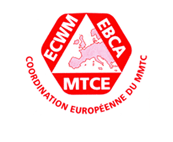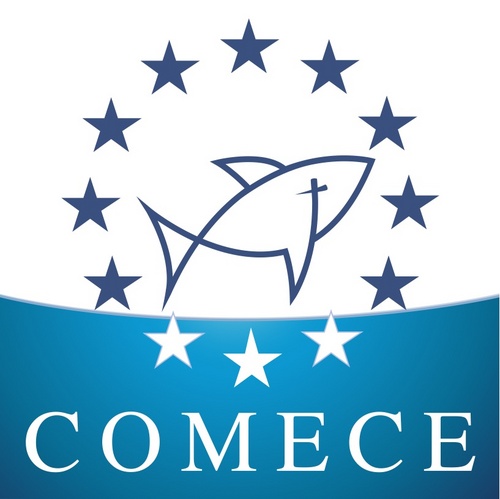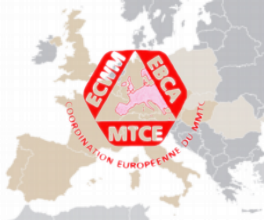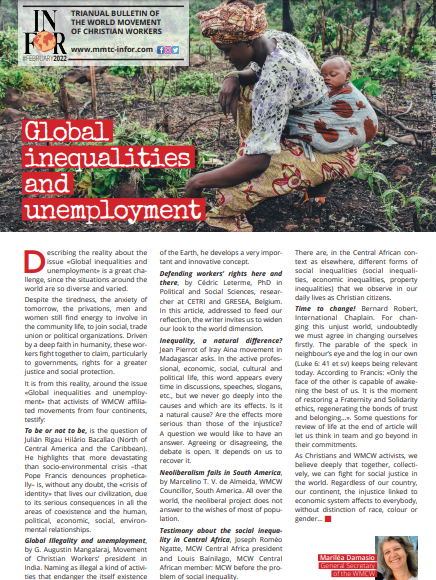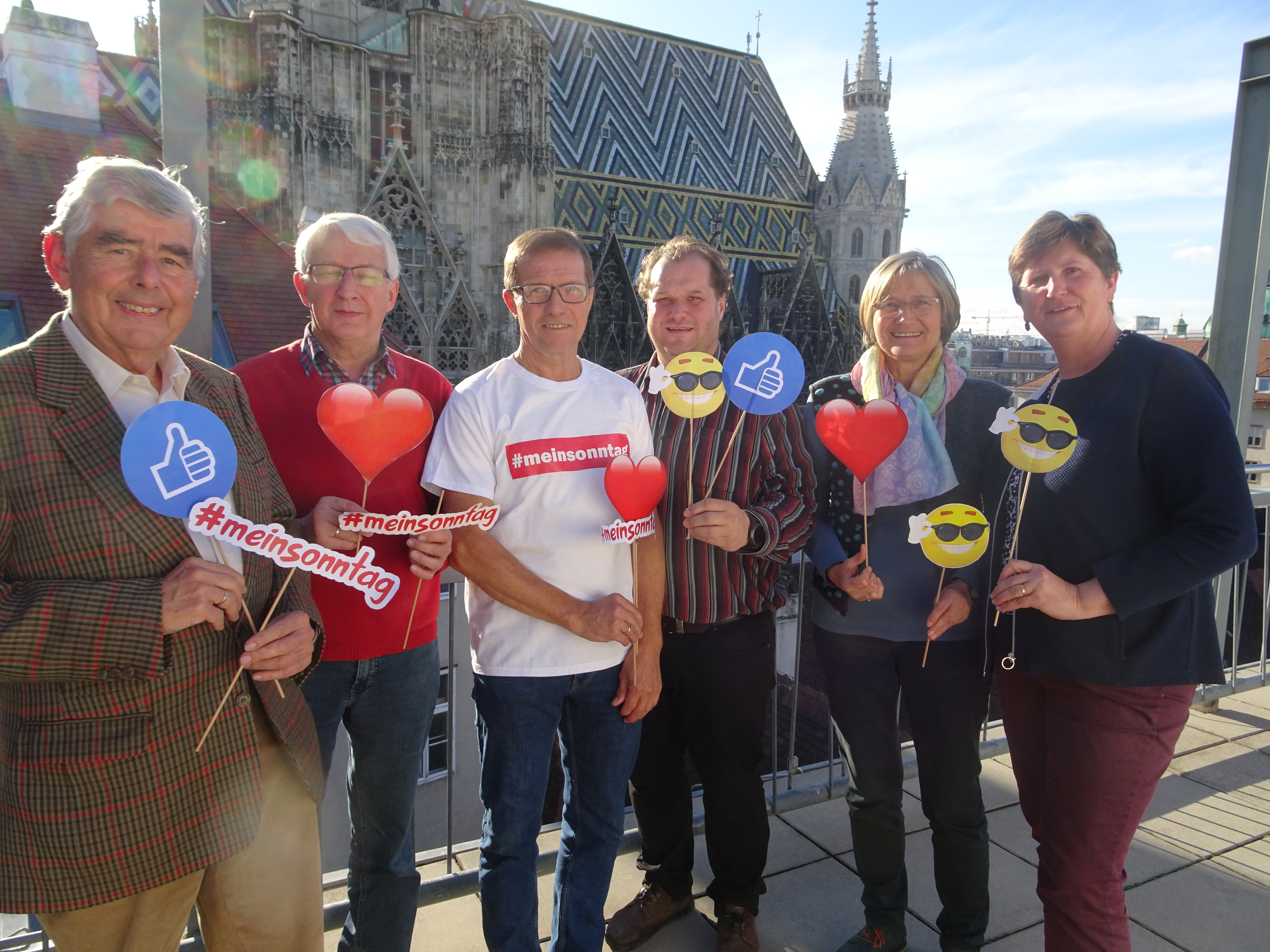
Democracy thrives on positive experiences and participation
Origins
The idea of work-free Sundays is rooted in Judaism and thus with its 2500 years of history the oldest social legislation of humanity. In the Old Testament in the account of the creation of the world, the end of the story is not the creation of man, but God's rest after work on the seventh day. (Gen: 2,1-3). The completion of labour lies in rest. This right to rest should be guaranteed for everyone – for women, men, servants, slaves and foreigners, as well as for animals and finally, nature. (Deut: 5,14)
In Europe work-free Sundays are among the oldest of cultural assets and therefore should be safeguarded as a cultural heritage, a legitimate legal claim. They should serve as a safety net and protection for people and nature from self- and external exploitation. In today’s work-life the work-free Sunday can be understood as the margin between externally directed and self-determined time. According to the Christian-Jewish idea of human beings, every person is more than what they achieve workwise. To regularly take time off, in the sense of the “good life for all”, can and should strengthen the awareness of unconfined human dignity. The Sabbath or Sunday is the reliable framework for this.
Work Life Balance
For working people increasing requirements in the world of work are taking their toll. Nowadays, thanks to social media, it is becoming more and more natural to be available around the clock. The boundaries between leisure and working hours are noticeably disappearing. This tends to make people feel overwhelmed and mental illness as well as feelings of exhaustion increase. What Sunday guarantees is a steady rhythm, a day off, which does not have to be conceded. A guaranteed time for leisure provides multiple advantages and is a benefit for all. Taking a break from the ever faster and louder life is much needed. Not for the sake of enduring everyday life afterwards more easily, but rather to be able to assess things from a distanced perspective. Regular interruptions from work ensure both their quality and a balance between all areas of life. “A human being works here!“ proclaimed the Movements of Catholic Workers in one of its campaigns. Human beings aren’t machines.
Sundays create community
The key point regarding work-free Sundays is the ability to spend free time together. The early Christian communities gathered on this `first day of the week` to share bread and strengthen one another in faith and life. Today, Sunday is still an indispensable day for worshipping and community building. The division of society is driven by the increasing individualisation of present-day work processes. We need time together to celebrate, play, eat, etc. Children, in particular, depend on shared rituals. Without common spaces for families, friends, associations and initiatives, society continues to dissolve. Work-free Sundays makes the human value of community tangible.
Community and participation are the foundations of democracy
Our democracy thrives on positive experience of community and the opportunity to actively participate in it. For this, work-free Sundays are needed for as many people as possible. People working on Sundays so that others can have their Sunday off deserve a financial bonus, compensatory time and public recognition. The European Christian Workers Movement (ECWM) vehemently rejects any further expansion of work on Sundays.
(Statement prepared by KAB Austria)
http://www.europeansundayalliance.eu/site/home
